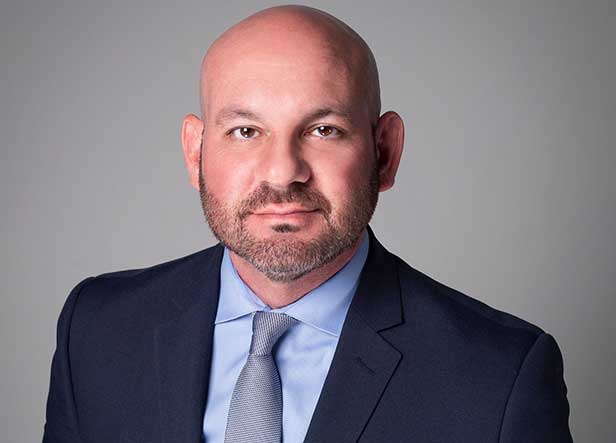Employees’ First Amendment Rights
Labor and employment lawyer Michael Elkins of MLE Law shares important information on free speech rights in the private sector.
The general discourse, whether in person or (more likely these days) over social media, has been particularly intense this spring, in the face of coronavirus shutdowns and the murder of George Floyd in Minneapolis and subsequent protests. The tumultuous situation, combined with homebound Americans across the country, has resulted in countless heated discussions over digital platforms.

Michael Elkins of MLE Law
There have also been several viral videos of people acting badly, resulting in termination from their jobs. The same day that George Floyd died, Amy Cooper, a resident of New York City, was filmed feigning distress as she called the cops on an African-American bird watcher in Central Park who asked her to leash her dog per park rules. She was terminated from her job at Franklin Templeton and now faces criminal charges for filing a false police report. And in the promo industry, a cyclist in Maryland assaulted teens posting George Floyd support signs and was identified as an executive at MadeToOrder (asi/259540) in California. He was also immediately fired.
While these examples show egregious behavior, even more benign support of a cause (say, a quick off-handed “like” of someone else’s content), can be grounds for termination if a private employer doesn’t agree with the sentiment. In actuality, “freedom of speech,” enshrined in the First Amendment of the U.S. Constitution, only protects private employees from government restrictions, not negative repercussions in the private sector, namely termination.
In this episode of Promo Insiders, Sara Lavenduski, senior editor of Advantages magazine, speaks with labor and employment lawyer Michael Elkins of MLE Law, to discuss free speech rights among employees and independent contractors in the private sector. Contrary to public opinion, private sector workers can be let go for practically anything, as long as it’s not because they belong to a protected class.
Podcast Chapters
2:08 Free speech protections in the private sector
3:12 “Protected classes”
4:07 What independent contractors need to know
4:40 Private expression over social media
6:36 HR’s social media policies
10:32 Are companies obligated to take action?
“The constitutional amendments are meant to curb government restrictions,” says Elkins. “They were all set up to make sure the government isn’t interfering on certain inalienable rights. Private sector employers are not the government.”
“At-will” employment – which applies to all 50 states except Montana – means employees can leave their jobs at any time without a reason, and employers can terminate workers without a reason, as long as it’s not because of their membership in a protected class, such as race, gender, age, religious affiliation, ethnicity, sexual orientation and others.
Otherwise, private employers do have the right to terminate workers if they don’t agree with something they do or say, whether in the office or over social media. But with that said, Elkins doesn’t recommend heavy-handedness at companies, in an effort to make sure everyone is in lockstep with management’s views. But there’s a lot of gray area.
“Employers have to evaluate each situation individually based on the facts and circumstances,” says Elkins. “This is by no means a one-size-fits-all analysis. In fact, it’s very much facts-specific and individualized.”
